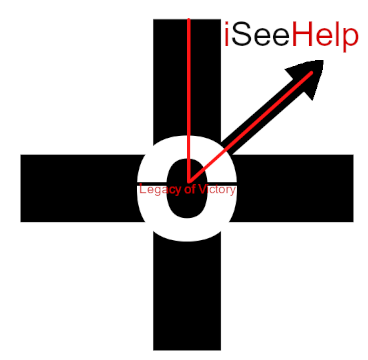ACEs Adverse Childhood Exposure
How to identify and overcome long-term effects of abuse

How to identify and overcome long-term effects of abuse
There are multiple reasons that we are who we are. One has to do with our early childhood experiences. Some are adverse. A study was done nearly 30 years ago on adverse childhood experiences or ACEs.
ACEs information more than special education behavior disorders
Now seminars for teachers, counselors, and coaches help to identify why some children are the way they are in the classroom, at home, and on the street. This information was not in teacher education programs in the past. Now it is essential in the culture to restore children to be capable of concentrating in the classroom.
Our childhood experiences have a powerful influence on the rest of our lives. And when those early years are marked by abuse, neglect, or trauma, it can have a negative lasting impact with serious consequences.
For decades, researchers have been looking into the many possible consequences that exposure to trauma during childhood could have, not only for a child but also as the child grew into adulthood. The term “ACE” is an acronym for adverse childhood experiences — ACEs for plural — that are very stressful and traumatic and can interfere with normal developmental processes. ACEs can also set the stage for long-term mental and physical health problems for those who are subjected to them.
The categories include: emotional abuse, physical abuse, sexual abuse, emotional and physical neglect, household members’ substance abuse, mental illness or suicidal behavior in the home, incarceration of anyone in the household.
The scores on the ACE questionnaire range from 0 to 10, with zero meaning no exposure, while a 10 indicates a person was subjected to significant — if not profound — levels of trauma before age 18. The higher the score, the higher the long-term health consequences a person can be at risk for. Of note, the ACE questionnaire is not a stand-alone diagnostic assessment. It specifically addresses only negative experiences, not positive ones. It’s not necessarily predictive of future problems (although those correlations exist), rather it’s intended to be used as a guide for clinicians and community providers to identify services that can benefit the child and family to help offset the challenging circumstances in which they live.
How ACEs Impact the Developing Brain
The development of a child’s brain is very sensitive to the environment in which he or she is raised. A loving, supportive, and predictable home environment bodes well for the brain to organize and function in developmentally appropriate ways as the child grows up. However, for children who are repeatedly subjected to trauma, chaos, abuse, and/or neglect, healthy brain development is often obstructed.
These observations and conclusions from brain scans of Dr. Daniel Amen highlight the need for interventions. As a teacher this is helpful to know because there are some children you just cannot reach and do not know how to refer them for help.
Read more from Bev about faith, freedom, writing, and life lessons.


